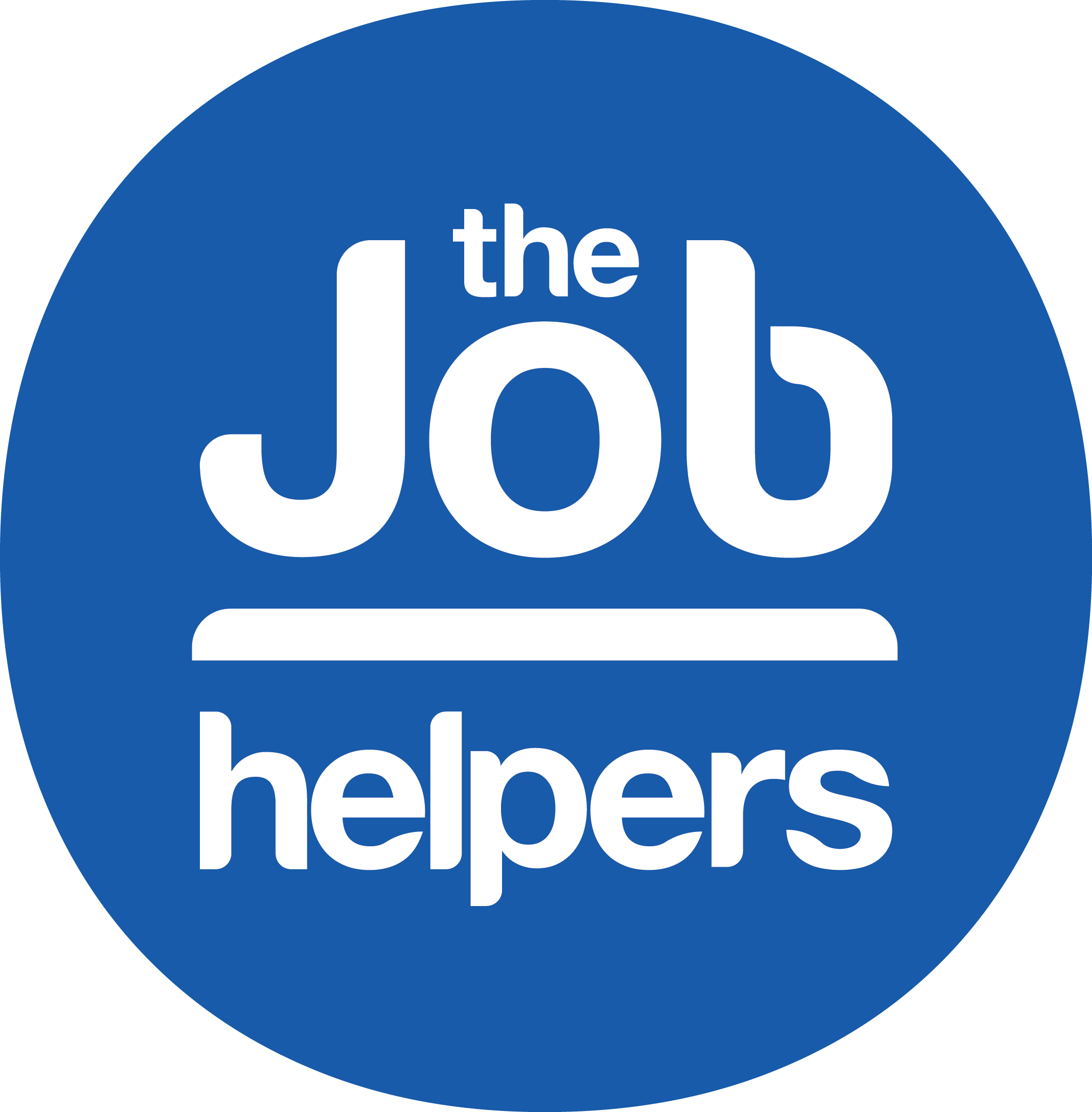Five Things to EXCLUDE from Your Resume

If you are uncertain about what to include in your resume and the details to leave out, here’s the solution.
In the past, hiring managers, job recruiters and potential employers insisted on knowing everything they could about a prospective candidate. They, the manager, expected to see, personal identification, age, photos, hobbies, etc. to be included in the resume. Fortunately, the resume police rescued the day. In the present day, job applicants only must give information pertaining to the career listing, and nothing else.
It is always best to have resumes that are no longer than two pages. The empty space in your resume is nothing to worry about. In fact, it is useful – think of it as an investment in your career and the information to include should be selected with care. Here are a few tips that you can use to improve your current resume:
Get Rid of Long, Dull and Bland Sentences
Sentences are written in passive voice take up a lot of space in any resume compared to many other elements on it. Avoid the Yoda talk. Instead, communicate your information in active clear language. For example, ‘In charge of calculating inventory for the IT division’ will not be a well-received sentence. However, it will most definitely sound better and professional if it is short and to the point such as, ‘Optimized IT Division’s inventory by 30% through staff training, contract negotiations and using proven techniques in lean efficiency. Pay attention to the job description but know your accomplishments and what you have achieved.
Remove the Bizarre Resume Designs
Microsoft Word has many good pre-populated designs for resumes, and it also has not so great ones. One of that would be the fill-in-the-blank boxes which look clunky, out of place and simply odd. Always use simple formats and themes instead of colorful and creative ones. Focus more on your section headers, reduce the table use, use simple fonts and use more bullets. But make sure that your resume stands out from all the other applications. Hire a professional resume-writer if need be as they can take a look at your and resume and cover letter and edit what needs to be edited. This will help you to prevent any design flaws that you may have along with any redundancies.

Avoid Mentioning Details That Specify Your Age
Imagine this. You are forty-two, have raised four children, and worked as Ms. Anderson’s intern. It is good news. Just avoid telling anyone. Recruiters of companies want fresh employees with new and innovative ideas for their company. It is a sad fact but just as true. The older you are, the higher it will present to be a barrier for you to land a job. It could act as a disqualifier. Some organizations believe that wiser and older employees would do less and cost more. Though this is a false belief, the younger generations are known to use it to their advantage. Therefore, make sure you do the following to keep your age under wraps;
Do not mention any experience you have over 15 years. Do not mention your age or date of birth. Do not draw awareness to certifications, education, licensures and training that occurred over a decade ago. Change your email ID into a professional one. The email you provide on your resume is not something you want your recruiter to laugh at. Your boyfriend or your friends may think [email protected] is cute. It is not. If the email address listed in your resume is not professional, it is high time you change it. Career coaches recommend using your given name as a prefix for your email. This may be a bit difficult as names are common. In case your name is unavailable, try to use variations with your initials or area code or middle name.
A few other suggestions:
1. Do not use another person’s email 2. Be consistent 3. Try to add in your name into the email address 4. Avoid using weird prefixes
Your Resume Needs to be about Relevant Qualifications, not Extra-Curricular Activities.
A lot of job seekers get carried away by adding in unnecessary information in the education section of the resume. Everybody wants the hiring manager to know how good they were at some activity or another that might not serve the purpose of getting you the job. So, stand firm against such temptations as it will only overcrowd and cram your resume. Two things could happen, your resume may not get read or it will most definitely not be read. Recruiters receive thousands of resumes every year. They will not be able to read every activity you have listed in your resume.
Not sure what you should add or remove from your resume? Here’s a list of what you should and should not include in your resume:
Include:
Your GPA Internships, special projects, etc. linked with the career path you wish to pursueAwards only very few people such as the top 10% receive List any study abroad trips Scholarships only the top 10% receive
Do not include: List all your classes unless it is extremely relevant to the occupation Add in every single project you helped with and worked on List down all the scholarships and awards you have won Tell them about organizations or associations you are or were a part of unless it pertains to the current job you are seeking and is non-controversial or appropriate.
Did you know? One of the best investments you could make is by getting your resume professional done by an expert like ourselves? The reason for this is resume writers bring years of experience and a wealth of industry knowledge that could give you a leg up in your job search. Don’t limit yourself by believing that you are the best person to write your resume, because you might know what you have done during your career, but a resume writer can use that information can prepare a document that can articulate your value to a future employer and help you cater to their job opening in the correct tone of voice with the enthusiasm required without going overboard with fluff words.
So, what’s holding you back? Sign up for a free resume evaluation by clicking here!
"My goal is to help Job Seekers worldwide find employment fast."

Chui Senanayake
CEO/Founder
CATEGORIES
Share this article:
LinkedIn
Facebook
Twitter
WhatsApp
Email
Get the latest news , updates, and special offers from our newsletter

Follow Us
Buy Now
- Resume Bundles
- À La Carte Services
- Resources
- Testimonials
- Blog
- Resume Samples
About
- Our Story
- Our Team
- How we help
- FAQ
- Privacy Policy
- Terms & Conditions
Contact Details
- [email protected]
- (914) 418-4242
-
Headquarter
931 Eaglewood Ave W, West Fargo, ND 58078, USA
Latest from the Blog




-
Locations
- North Dakota, United States Michigan, United States Austin, Texas, United States Oakland, California, United States Melbourne, Australia Kathmandu, Nepal Colombo, Sri Lanka
- Ⓒ TheJobHelpers -2024
- Powered by
Upload Your Resume For A Free Review!
After the Resume upload, you can schedule a call with one of our resume experts.
(Only pdf, doc, docx, and text files are allowed to upload)
By sending us your resume, you will enable us to contact you through the email address and phone number you are providing.


